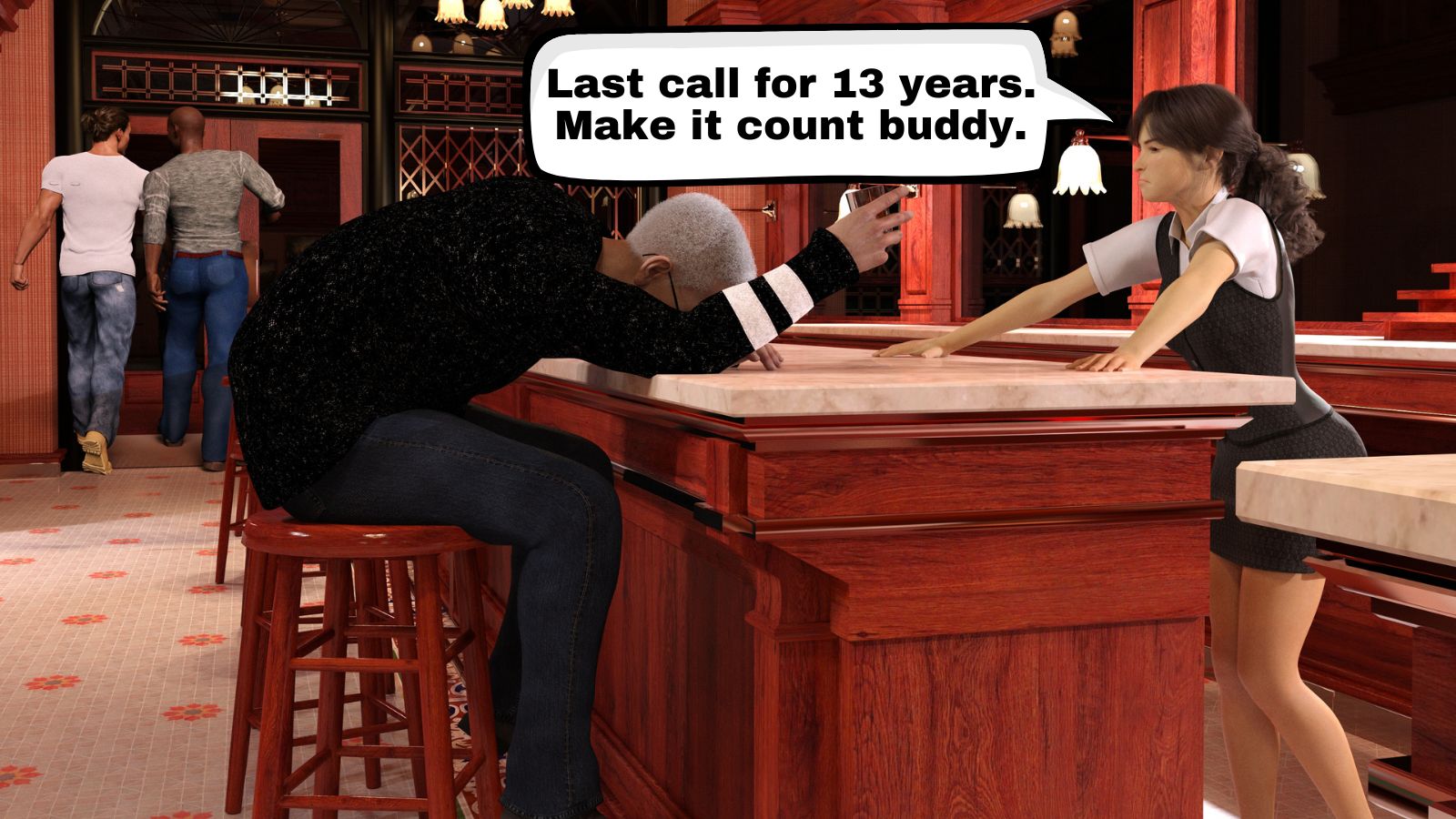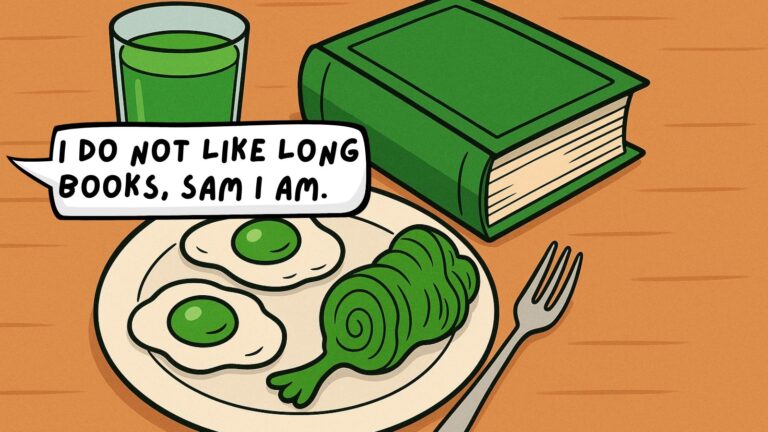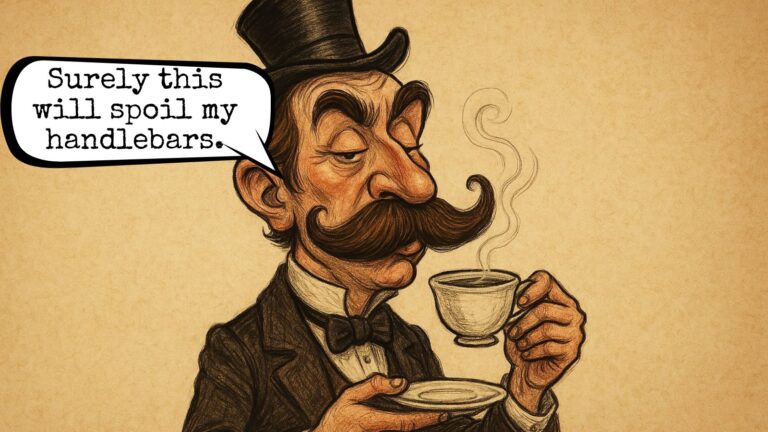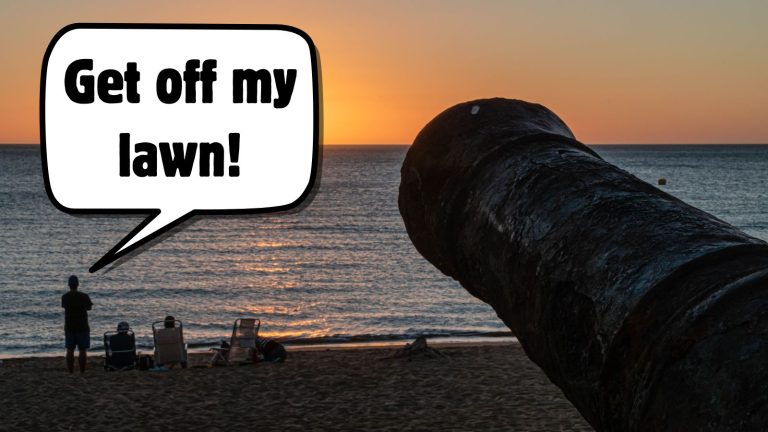If people can be fickle, why can’t entire countries be fickle, too? As it turns out, they can. We’ve had at least one significant about-face with a constitutional issue, meaning we added a pretty significant thing to the Constitution — the prohibition of alcohol — then just 13 years later did a complete do-over on the matter. In a loose sense, I guess the Constitution was unconstitutional for a bit.
The 18th Constitutional Amendment
The 18th Amendment elevated the concept of “last call” to a whole new level.
This proposed amendment, passed by Congress in December 1917, banned the manufacture, sale, transportation, import, and export of all “intoxicating liquors” in and from the United States and its territories. While aggressive, this amendment at least provided citizens a grace period to party like there would be no booze tomorrow. See, to make sure the process was familiar to barflies everywhere, a “last call” provision was included. Instead of 30 minutes, this one lasted for a year. The 18th Amendment was ratified by the states on January 16, 1919, thereby launching over a decade of organized crime, secret speakeasies, and plenty of moonshining, not to mention an uptight populace.
An Interesting Side Note…
The United States fertility rate dropped like a depth charge during Prohibition. In fact, the rate didn’t fall lower until those long gas lines of the early 1970s energy crisis. OK, there was the whole Great Depression thing, too, but it makes a much better story to assign the blame to a complete and total lack of beer.
The 21st Constitutional Amendment
Prohibition? That’s old news! The 21st Amendment repealed the 18th Amendment, which, as you might recall, banned the production, transport, and sale of “intoxicating liquors.”
For 13 years, not one drop of alcohol was produced or consumed in the entire United States of America. Just kidding. While the drinking rates declined, people still drank like fish. Not only that, a slew of new problems like organized crime related to providing much-desired illegal “intoxicating liquors” sprouted up like Whack-a-Moles.
Eventually, Congress tired of people like Al Capone getting rich from illegal booze while the politicians lost the ability to tax it. The solution? Make alcohol legal again and stuff the federal coffers with new tax revenue.
Another Interesting Side Note
Drinking was never illegal during Prohibition. Remember, it was the “manufacture, sale, or transportation of intoxicating liquors” that the 18th Amendment banned. As a result, all sorts of enterprising barkeeps devised ways to dodge the law. For example, “medicinal” alcohol was still legal. Not coincidentally, all sorts of new “diseases” only treatable with alcohol sprouted up.
Oh, and have you ever heard the phrase “booze cruise?” That was another entrepreneurial victory. Customers could take a boat ride to see that invisible line in the sea that marked the edge of international waters. Since there wasn’t much to see, the ship would then drive around in circles while passengers drank themselves into oblivion. The best part was that the ship’s doctor didn’t even have to prescribe Gin and tonics and Manhattans for seasickness—they were legal at sea.”
For more fun facts like this, check out the practical guide to the national owners’ manual: The Practical Guide to the United States Constitution.








